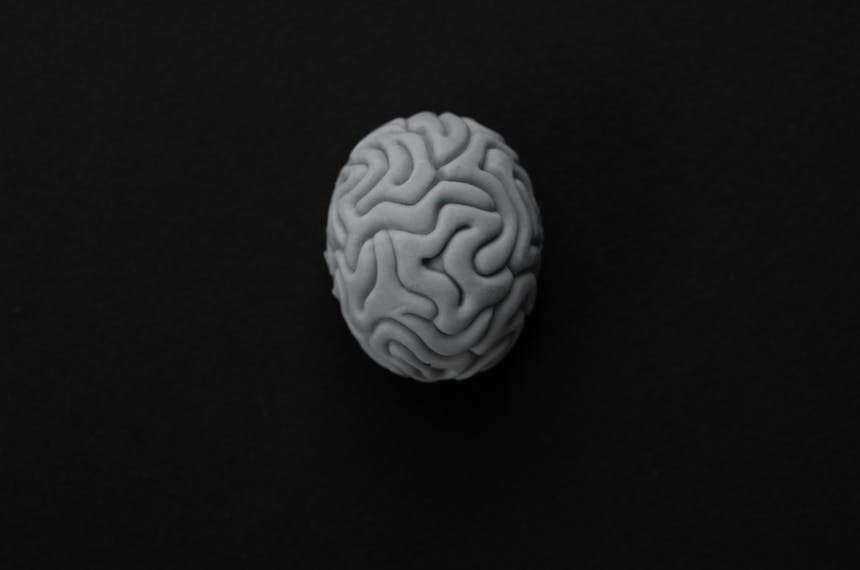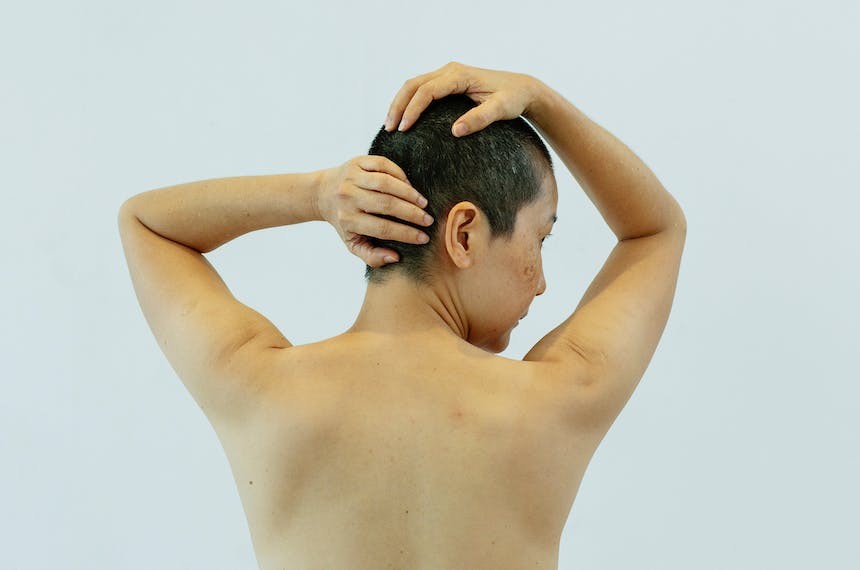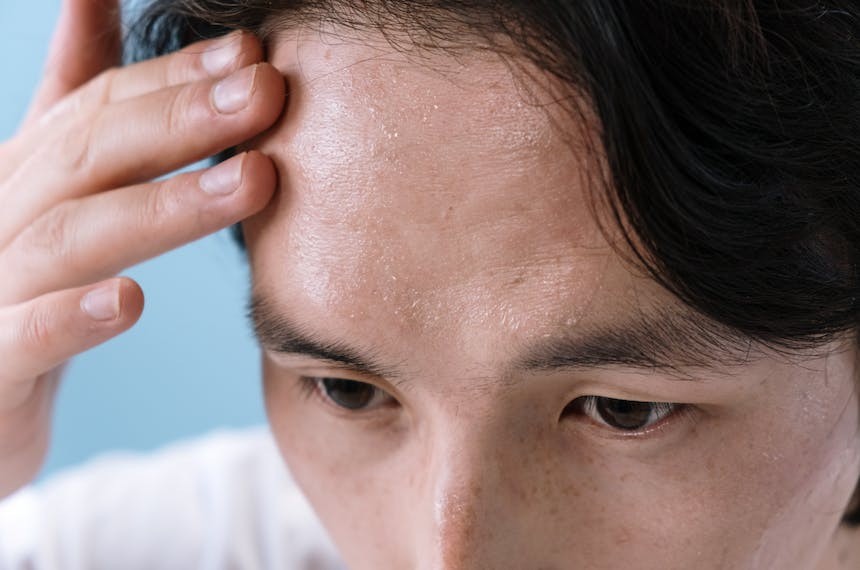
Parkinsons disease Dysautonomia
Autonomic neuropathy in Parkinson's disease can manifest with symptoms like constipation, postural hypotension, rhinorrhea, sexual dysfunction, and sialorrhea. Management includes various strategies and medications to address these issues, with a focus on improving the patient's quality of life.
Autonomic Neuropathy: Symptoms and Management
Autonomic neuropathy symptoms include constipation, postural hypotension, rhinorrhea, sexual dysfunction and/ or Sialorrhea.
For management of constipation, it was suggested to consider lubiprostone (24 mcg twice daily), polyethylene glycol and fermented milk containing probiotic strains and prebiotic fibres. (1, 2, 3) Gustatory rhinorrhea has no proven treatment. Limited data has suggested the anticholinergic agent; ipratropium nasal spray is effective modality. (4)
Sexual dysfunction treatment options include;
Dopaminergic treatment which improves motor function could lead to improved sexual function. Sildenafil (25- 50 mg taken one hour prior to sex) can be beneficial for male erectile dysfunction. However, it should be used cautiously in patients with orthostatic hypotension. As well as that, other agents; such as, tadalafil (10 mg; 30 minutes prior to anticipated sexual activity) and vardenafil (5-20 mg; 60 minutes prior to sexual activity) are effective. For refractory cases, an intrapenile injection of vasoactive drugs seems effective. Women may benefit from vaginal lubricants and urinating prior to sexual activity. (5)
Treatment of postural hypotension includes both non-pharmacological and pharmacological strategies;
Non-pharmacological therapy should be tried first. They include boluses of oral fluid intake and salt supplements. Exercise activities, such as, physical counter- manoeuvres, stocking and elevating the head part of the bed are effective measures. (6, 7)
Pharmacological treatments are reserved for symptomatic patients who do not respond to the above measures and it include fludrocortisone (0.1 mg daily; may be increased by 0.1mg weeky, upto a maximum dose of 1 mg daily),
midodrine (2.5 mg 3 times daily) and Pyridostigmine (60-600 mg/day divided into 5 to 6 doses). (8)
Sialorrhea treatment could include botulinum toxin injections into the salivary glands. This measure seems effective and well tolerated. Glycopyrrolate injection (1 mg three times daily) is also effective. Other oral anticholinergic medicines (hyoscyamine [0.125 to 0.25 mg every 4 hours as needed] and amitriptyline at 10- 25 mg once daily at bedtime) are effective. (9. 10)
References
1- Ondo WG, Kenney C, Sullivan K, et al. Placebo-controlled trial of lubiprostone for constipation associated with Parkinson disease. Neurology 2012; 78:1650.
2-Barichella M, Pacchetti C, Bolliri C, et al. Probiotics and prebiotic fiber for constipation associated with Parkinson disease: An RCT. Neurology 2016; 87:1274
3-Zangaglia R, Martignoni E, Glorioso M, et al. Macrogol for the treatment of constipation in Parkinson's disease. A randomized placebo-controlled study. Mov Disord 2007; 22:1239.
4- Thomsen TR, Galpern WR, Asante A, et al. Ipratropium bromide spray as treatment for sialorrhea in Parkinson's disease. Mov Disord 2007; 22:2268.
5- Raffaele R, Vecchio I, Giammusso B, et al. Efficacy and safety of fixed-dose oral sildenafil in the treatment of sexual dysfunction in depressed patients with idiopathic Parkinson's disease. Eur Urol 2002; 41:382.
6- Newton JL, Frith J. The efficacy of nonpharmacologic intervention for orthostatic hypotension associated with aging. Neurology 2018; 91:e652.
7-Kanegusuku H, Silva-Batista C, Peçanha T, et al. Effects of Progressive Resistance Training on Cardiovascular
Autonomic Regulation in Patients With Parkinson Disease: A Randomized Controlled Trial. Arch Phys Med Rehabil 2017; 98:2134.
8- Seppi K, Ray Chaudhuri K, Coelho M, et al. Update on treatments for nonmotor symptoms of Parkinson's disease-an evidence-based medicine review. Mov Disord 2019; 34:180.
9-Thomsen TR, Galpern WR, Asante A, et al. Ipratropium bromide spray as treatment for sialorrhea in Parkinson's disease. Mov Disord 2007; 22:2268.
10- Arbouw ME, Movig KL, Koopmann M, et al. Glycopyrrolate for sialorrhea in Parkinson disease: a randomized, double-blind, crossover trial. Neurology 2010; 74:1203.





